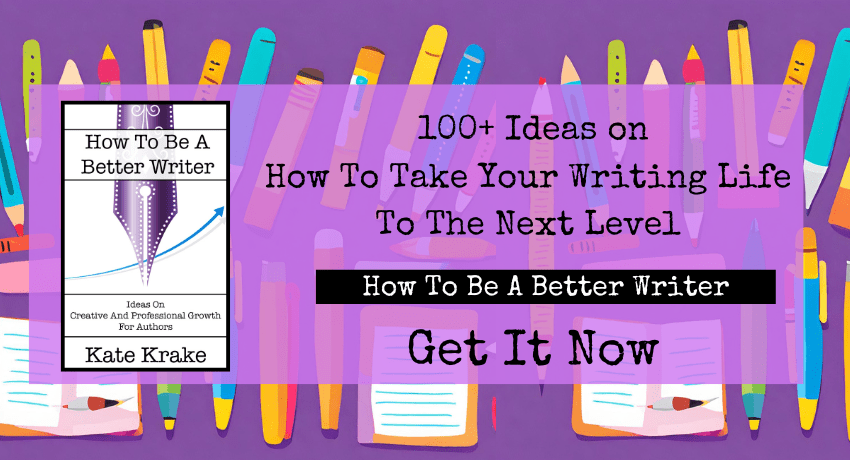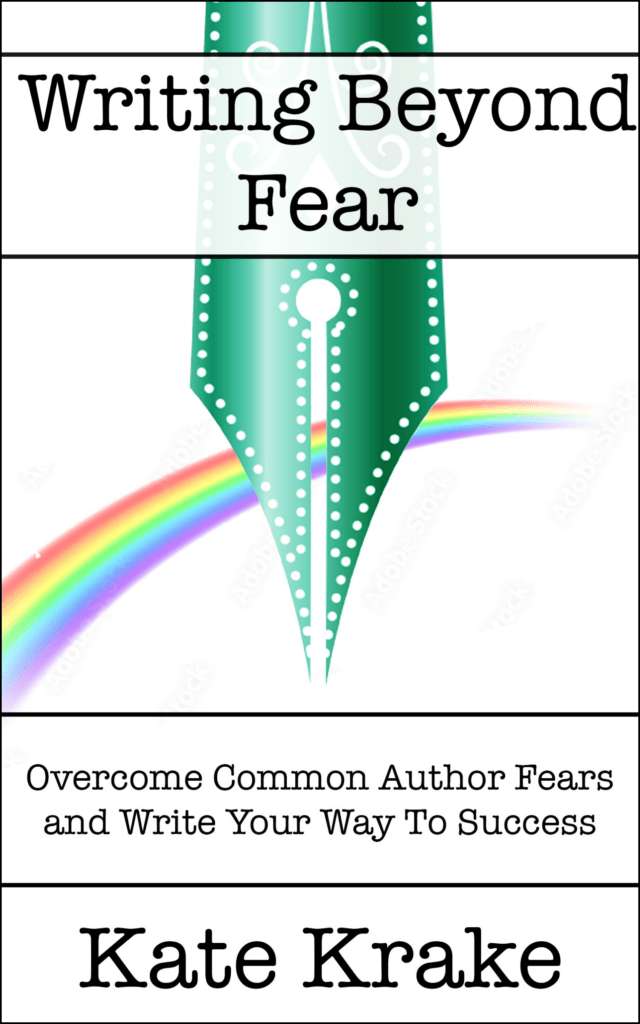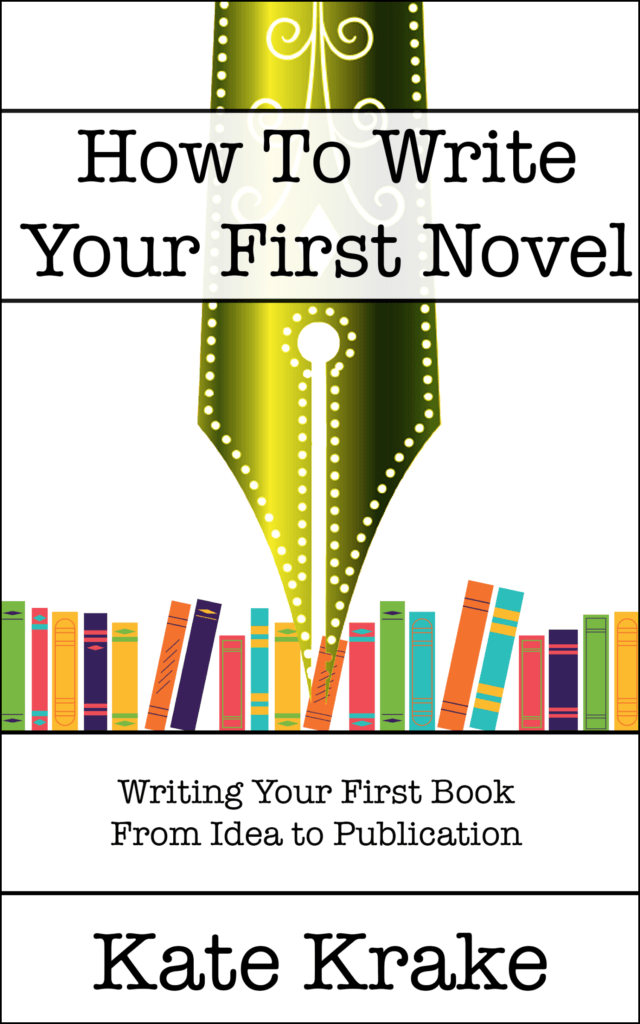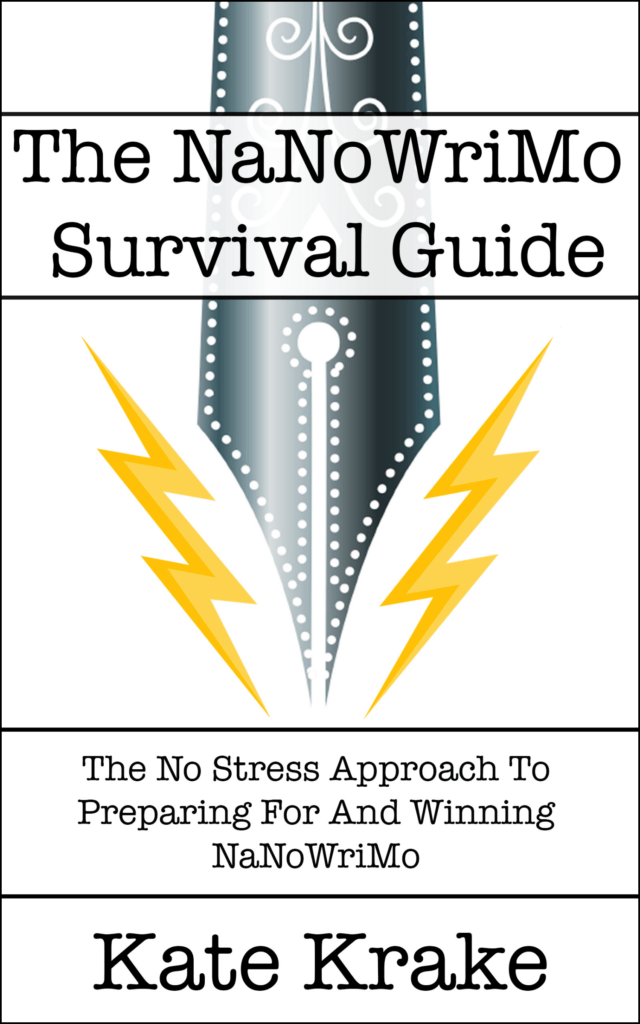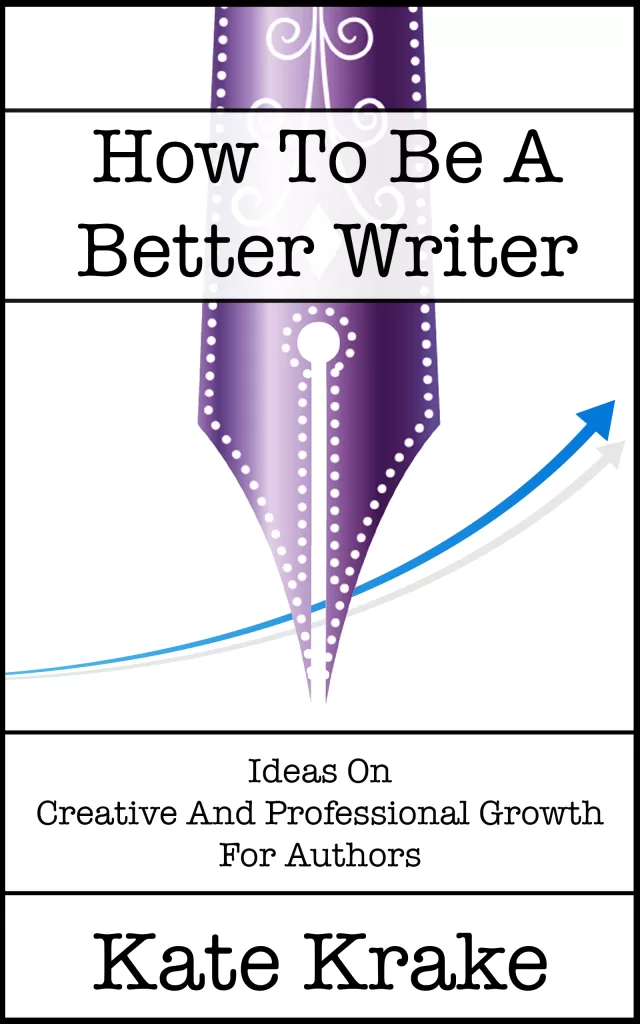I’m not a writer who believes that every author should always keep writing and finish absolutely every project they start.
Sometimes there are excellent reasons to quit a writing project and write something else.
And yet, there are times when I believe it is best for us to push on through and finish a novel or a story, even though everything inside is begging us to quit.
Keep Writing Through The Tricky Middle
The urge to quit writing comes for most of us in the middle of the project. The beginning has lost the ease and enthusiasm that comes with novelty and excitement. The end is still so, so far away. The urge to quit here in the saggy middle is more common in new and emerging writers, but even seasoned pros feel the urge to throw it all away, burn it all down, and move on to something else.
What’s happening in this middle phase?
It’s not only that the plot has become more complex, that there are more threads to keep on carrying through, it’s also about our creative energy.
In the middle of a work in progress, we’ve moved into a different energy state. The momentum of starting energy has faded, the burst of finishing energy is a long way off. The energy needed to get through the middle parts of a story, particularly when it’s not working out, is akin to the energy needed to wade through wet concrete up to your thighs. It’s a tough, exhausting slog, getting harder by the minute.
So, do you quit?
To figure out if quitting your work in progress is the best thing, or if you should keep writing ask yourself why you want to quit.
Knowing when to keep writing or quit a project is one of the topics I explore in my book,Writing Beyond Fear: Overcome Common Author Fears and Write Your Way to Success.
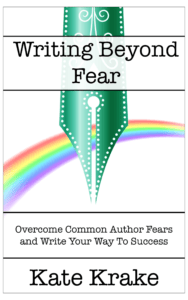
Do you want to quit because you don’t know how to finish?
When we’re starting out as new writers, we tend to get a lot of experience writing beginnings, maybe a few middles, because more often than not, the new writer quits before the end.
But the art of wrapping up a story to the end can only be learned by doing it.
There comes a period of growth in a new writer’s work where writing to the end of a story isn’t so much about the story itself, but learning the art of writing an end. Write the ending. You’re under no obligation to do anything else with this manuscript once you’ve done that. Write to the end to prove to yourself that you can do it. This is one of the many reasons why writing your first novel is the most important novel you’ll ever write.
Do you want to quit because your new idea is so much more appealing?
Try to think back to a time before you started your current WIP, when it was still a new idea, not yet words on the page.
Were you excited about it too?
Chances are that the boring, tedious, impossible half finished project that you currently hate so much was once too a bright shiny idea you couldn’t wait to get going on. It’s only lost its sheen because it’s in the process of becoming something different.
When a caterpillar is transforming into a butterfly, the little grub doesn’t just sprout a set of beautiful wings. Rather, its entire form breaks down into a soupy muck and rebuilds itself entirely. That’s what’s happening to your novel.
The idea was one being, beautiful in its own right. As it enters the metamorphic process of transformation, on its way to becoming a brand new book, it has to break down to its essence, grow all these new parts, and get all messy and mixed up in the process.
Might your book be just in the soupy muck stage of becoming something new and beautiful?
If you can view this saggy middle as just a part of the transformation process that every idea enters before it sprouts wings as a real life book, then it is a lot easier to find patience with it (and yourself) and see it through to its complete metamorphosis.
If you’re unsure whether it’s worth sticking with your muck until it flies free on its new wings, or abandoning to remain a goopy mess, try working on two ideas at once.
Take up your new idea as a play project.
In your writing sessions, give the majority of your focus to the WIP that’s making you suffer so much. Give it a set time, or a set word count, and make some progress on it, even if that progress is miniscule. Make this progress without limits or expectations.
Then, for a brief time, allow yourself free rein to play in your new idea. Develop the idea, write an outline, or start writing the first draft, whatever you like. Just play with it.
If the new idea still holds its enchanting thrall with a bit of development, and the old project still just not working as you progress, then perhaps it’s time to quit and switch.
Flip Flop Creativity
For many writers, starting and not finishing is part of their creative process. Some of us need that liberation to flip and flop from project to project. Some of us need to work on a project for a while to see if it really has the capacity to be a fully fledged book or just an idea.
Some of us flip from project to project, making tiny progressions here and there, with everything making a slow and meandering journey to the finish line.
If this is you and you’re still finishing books, and not just sitting on a hard drive full of starts and half dones, then please keep on going. This is your process, and it works for you.
But if you’re a writer with a stack of abandoned novels, rough drafts, outlines with no prose, then it might be time to quit quitting and see something through to the end, even if that’s just to teach yourself how to do it.


